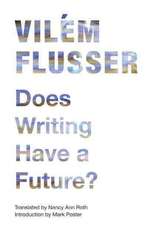Power Quote
linen lines, or, a meaningless line of letters
Etymologically, the word text means a textile and the word line a linen thread. But texts are unfinished textiles: they consist of lines (the woof) and are not held in place by vertical threads (the warp) as a finished textile would be. Literature (the universe of texts) is half finished. It seeks completion. Literature is directed toward a receiver, from whom it demands completion. The writer weaves threads that are to be picked up the receiver to be woven in. Only then does the text achieve a meaning. A text has as many meanings as it has readers.
The well-known phrase habent [sua] fata libelli (books have destinies) gives only a rough idea of what is meant here. It is not that the writer transmits powers to his texts so that the text can put those powers into play according to its particular dynamics; it is that the text goes out to be completed. So the text does not have a destiny; it is a destiny. In other words, the text is meaningful, and this fullness can only be exploited (explained) by each of its readers in a particular way. The greater the number of ways a text can be read, the more meaningful it is. Aristotelian texts are meaningful because they have meant something to Alexandrian readers different from what they meant to Thomas Aquinas, Hegel, Galileo, or twentieth-century historians. A text meets its fate (the message that it is) in its receiver. Texts without receivers, unread texts, are meaningless lines of letters that take on meaning only when they are read.
Here is the book. I like the thinker.
Tags: vilem flusser


Though “texts without receivers” exist in multitudes upon multitudes beneath (more properly: within) most every text that does finally gain receivers. And so definitely are being received. There’s no argument here, just an observation.
tinyurl.com/297sxrk
http://www.vipshopper.us
http://www.vipshopper.us